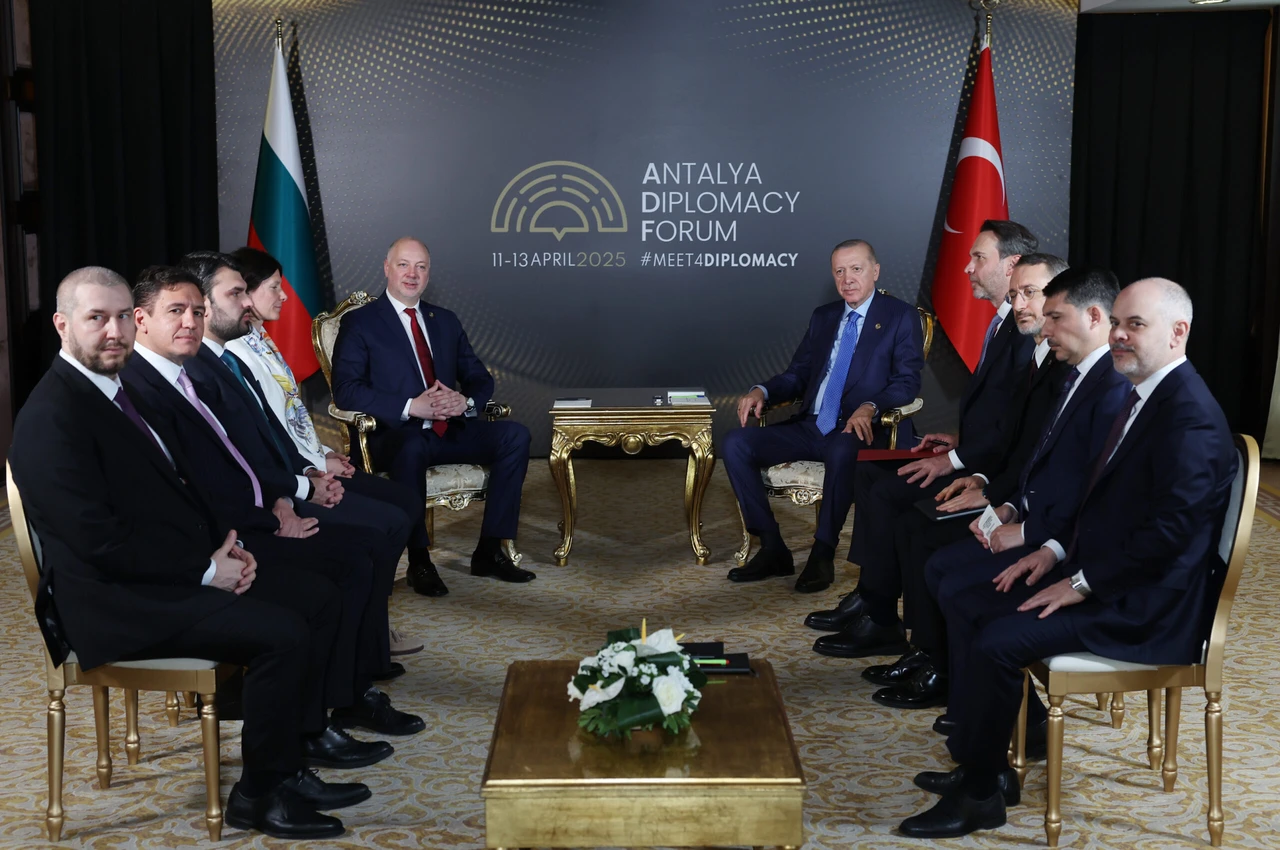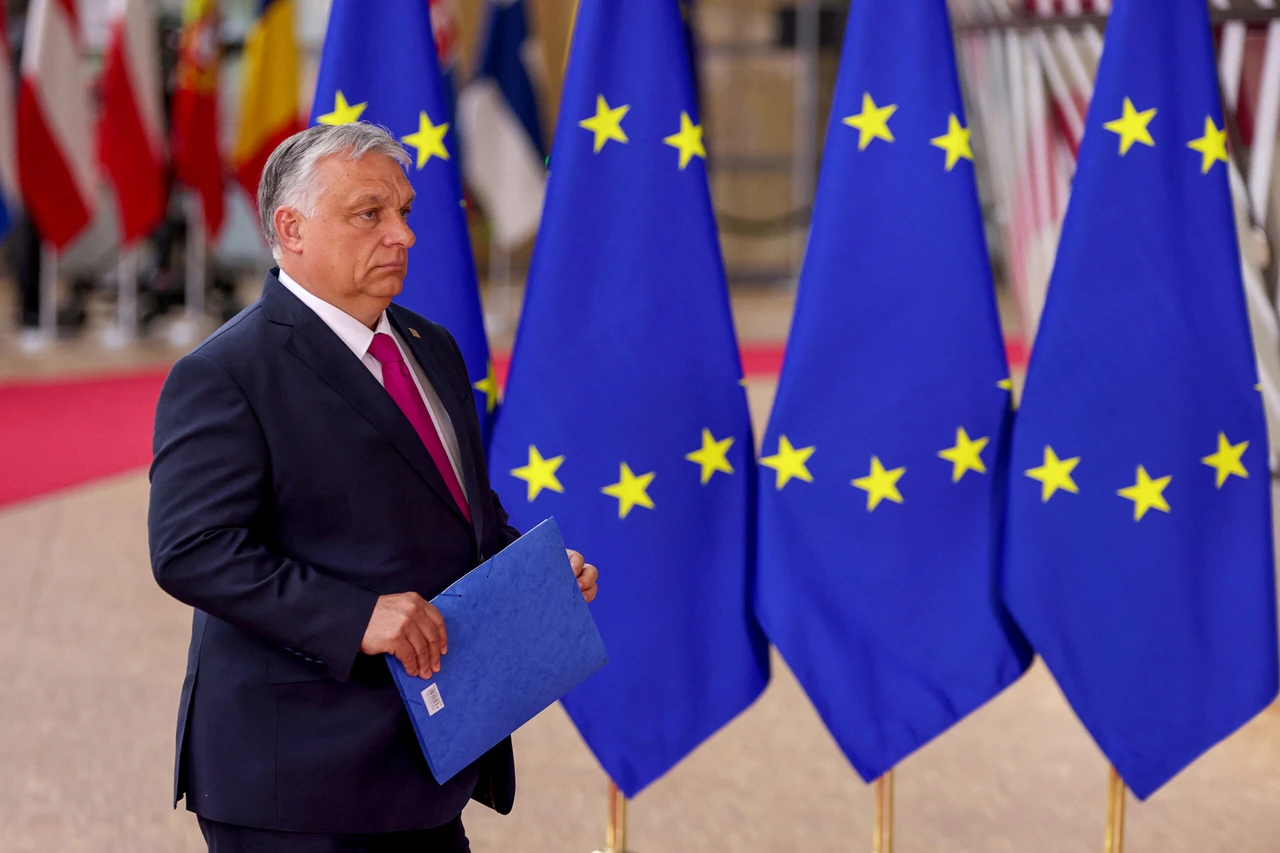Zelenskyy urges continued support from Europe, hopes for peace by 2025
 Ukraine's President Volodymyr Zelenskyy reacts as he arrives to attend a bilateral meeting at 10 Downing Street, central London on October 10, 2024. (AFP Photo)
Ukraine's President Volodymyr Zelenskyy reacts as he arrives to attend a bilateral meeting at 10 Downing Street, central London on October 10, 2024. (AFP Photo)
Ukrainian President Volodymyr Zelenskyy voiced hope on Friday that the ongoing war with Russia could conclude by next year as he met with German Chancellor Olaf Scholz in Berlin to secure ongoing military and financial support from Ukraine’s European allies. The meeting was part of Zelenskyy’s two-day tour of key European capitals, aimed at rallying aid as the conflict approaches its third winter.
“It is very important for us that this assistance does not decrease next year,” Zelenskyy said, emphasizing the need for continued support. Dressed in his trademark military fatigues, the Ukrainian leader expressed his desire for a resolution to the conflict “no later than next year, 2025,” highlighting the toll the war has taken on Ukraine. “The war is destroying our country, taking the lives of our people,” he said.
Scholz, responding to Zelenskyy’s call for sustained aid, promised Germany’s continued support, including additional defense equipment and a pledge of four billion euros in aid for 2025. “We will not let up in our support for Ukraine,” Scholz stated. Both leaders underscored the need for a peace agreement grounded in international law, rejecting any resolution dictated by Russia.
“We will not accept a peace dictated by Russia,” Scholz emphasized, while acknowledging that a peace process involving Russia would eventually be necessary. He and Zelenskyy agreed on the importance of a peace conference to seek a diplomatic end to the conflict.
As the war grinds on, Zelenskyy has been pushing for fresh military and financial aid from his European partners, concerned about the potential for diminishing support, particularly in light of the upcoming U.S. presidential election. Former President Donald Trump, who is seeking a return to office, has criticized American involvement in Ukraine, raising questions about the future of U.S. support for Kyiv if he wins the election.
In Germany, Scholz’s government has been a key supporter of Ukraine, making the country the largest provider of military aid to Ukraine after the United States. However, Scholz has resisted calls to send long-range Taurus missile systems to Ukraine, citing fears that such a move could escalate the conflict with nuclear-armed Russia.
Despite these concerns, Zelenskyy has continued to push for more advanced weapons, including long-range missiles, to counter Russian advances on the eastern front. “We must supply Ukraine with significantly more air defense, ammunition, and long-range weapons,” said Anton Hofreiter, a European parliamentarian from Germany’s Green Party.
Within Scholz’s own coalition, voices have been raised in favor of increasing military support for Ukraine. Marie-Agnes Strack-Zimmermann, a defense expert from the Free Democrats (FDP), warned that if Ukraine loses the war, it could set a dangerous precedent for future conflicts in Europe. “I very much hope that Zelenskyy will make it clear to the Chancellor once again that if Ukraine loses this war, this will not be the last war in Europe,” she said.



